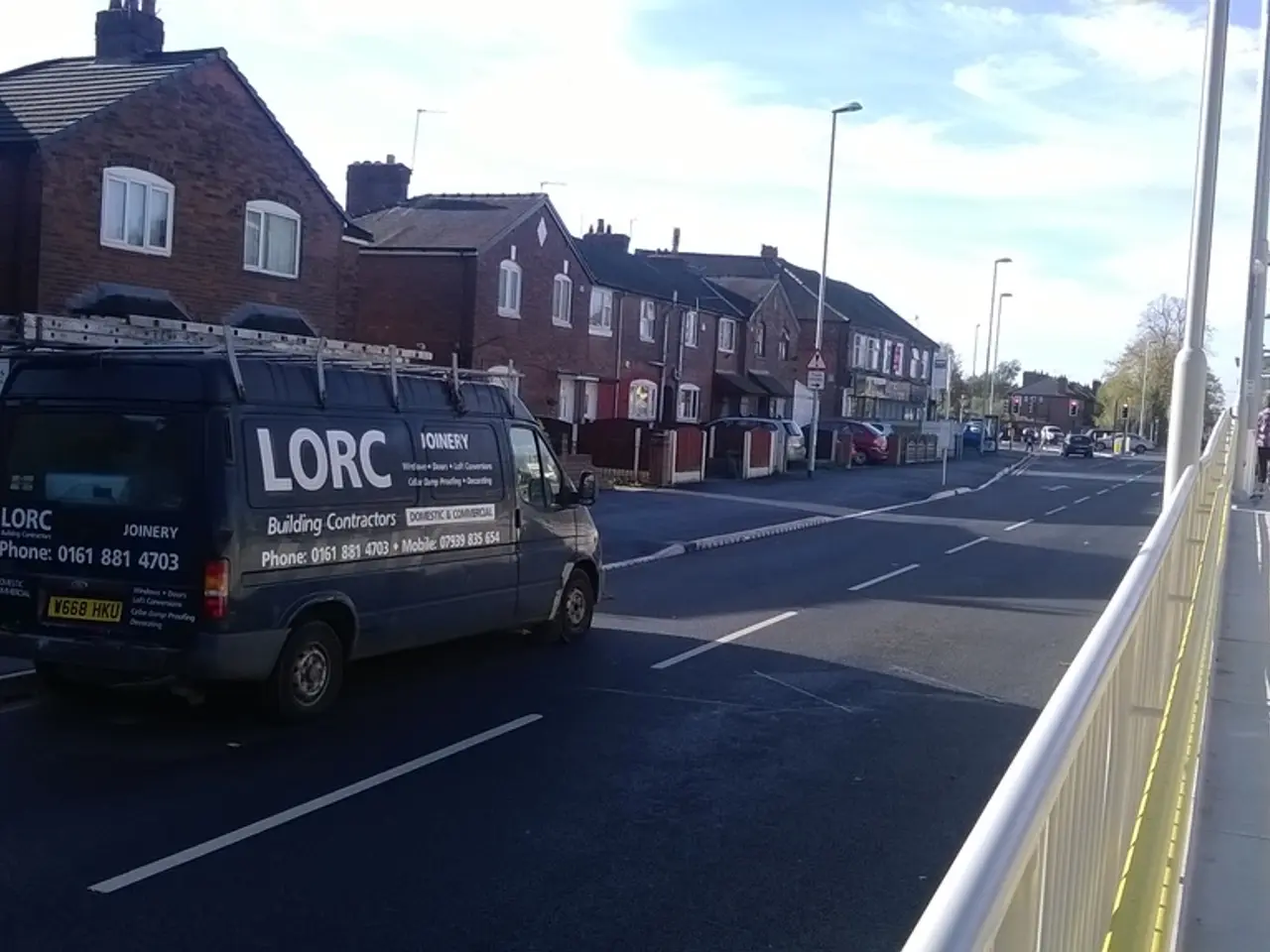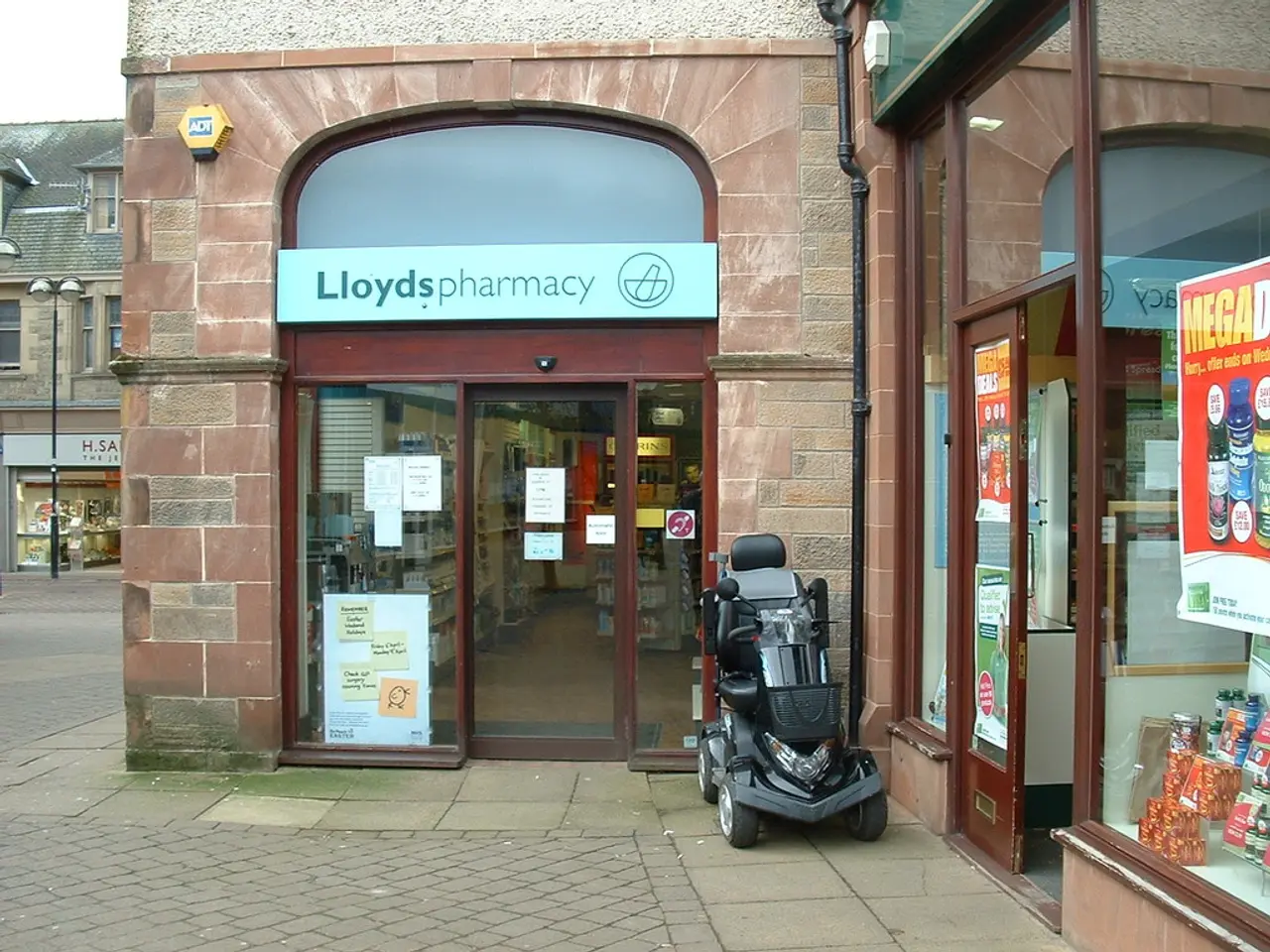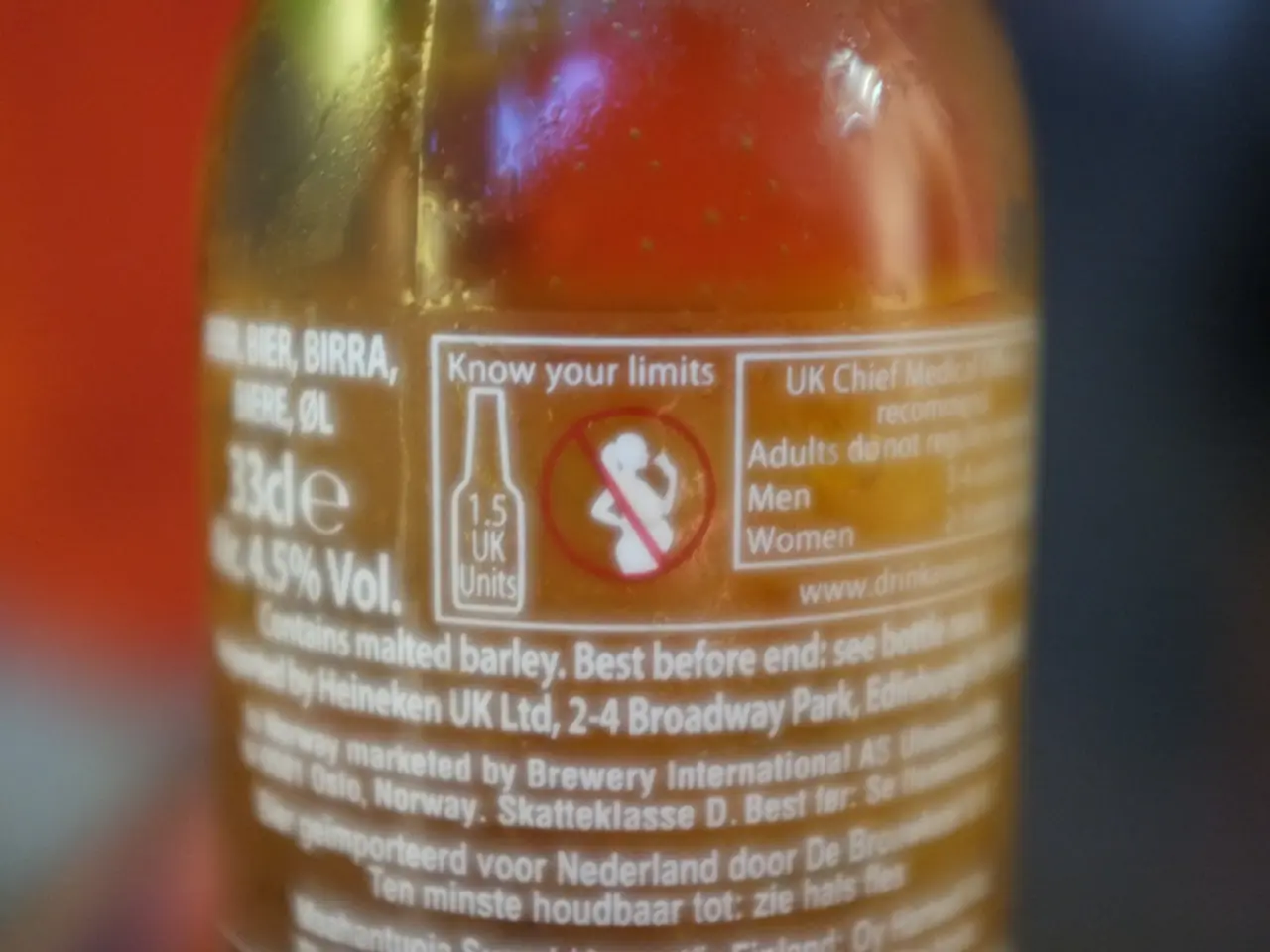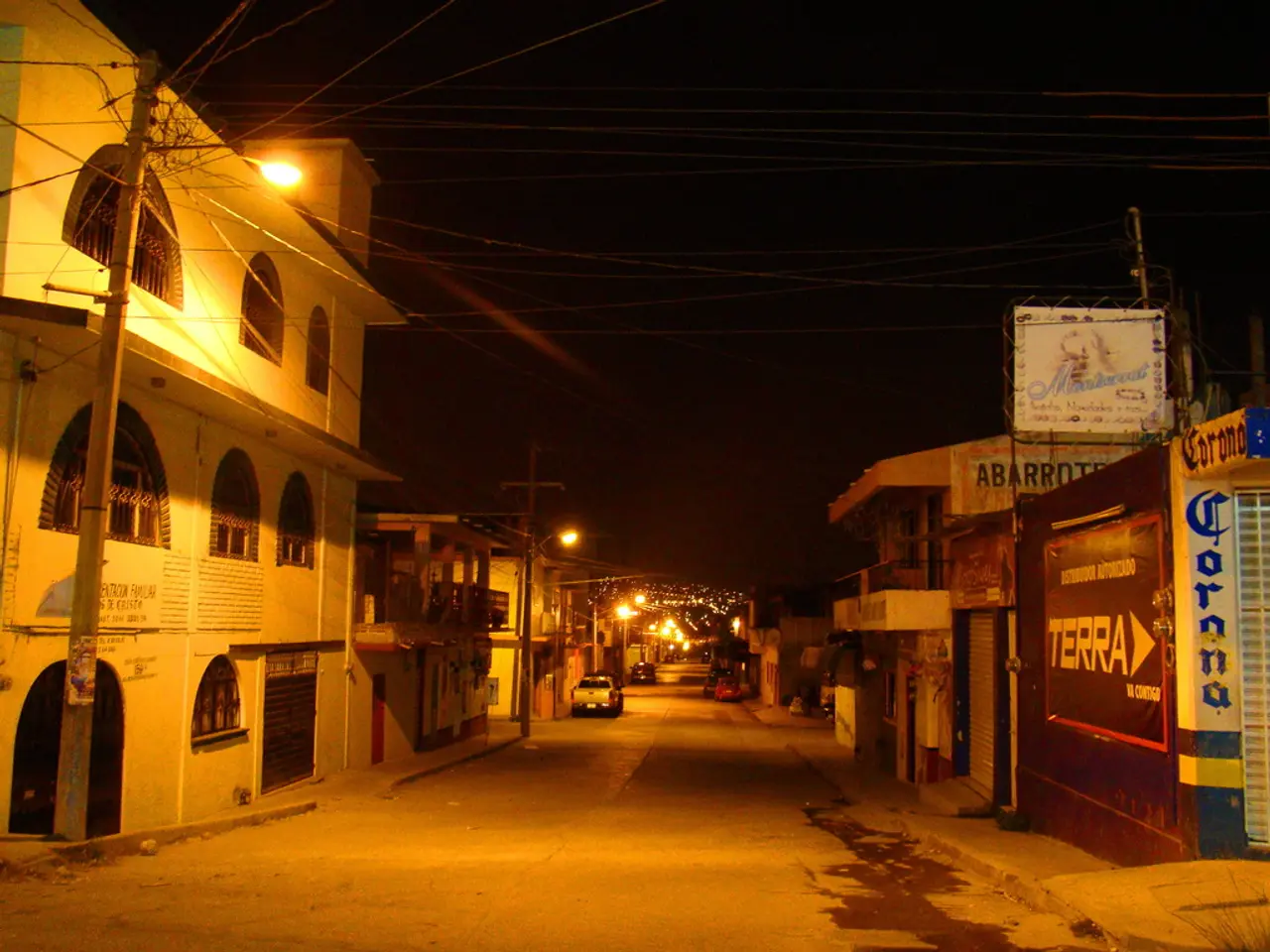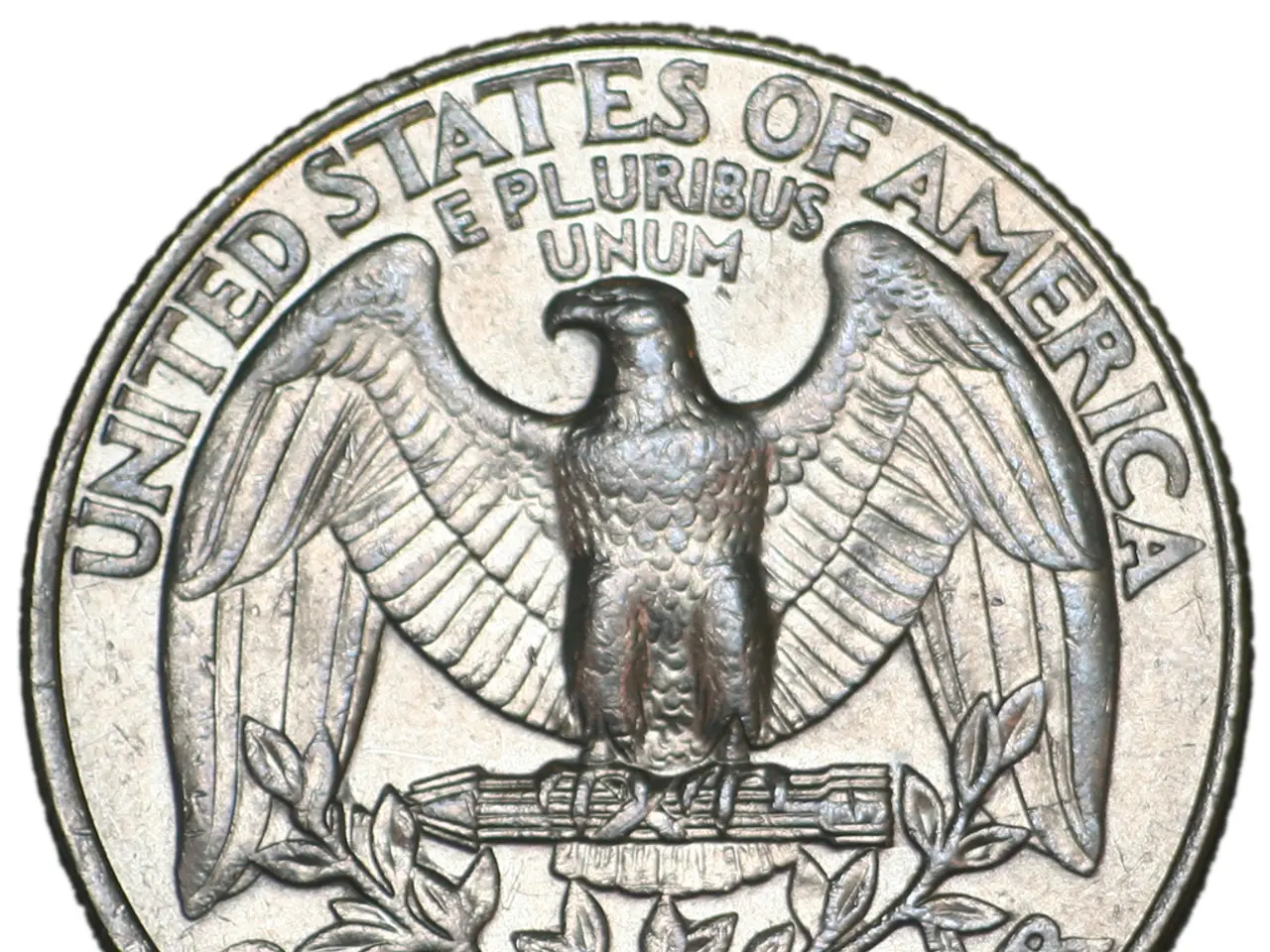Mecklenburg Voters' Opinions on These 28 Words Shape Potential New Transportation Tax Decision
In a recent decision, Mecklenburg County commissioners approved a resolution for a referendum that, if passed, would increase the local sales and use tax by 1%. The proposed tax hike is aimed at financing transportation projects across the county, with a focus on enhancing connectivity, reducing congestion, and improving traffic safety [1][3][5].
The resolution, which includes a detailed breakdown of the proposed fund allocation, was presented with edits. Under the adopted language, 60% of the new money would go towards transit projects, including buses, rail lines, and microtransit. The remaining 40% would be allocated for roadway systems and improvements [1].
One of the key figures in this discussion is transportation attorney Larry Shaheen, who provided input on the resolution language. Shaheen emphasised that the 1-cent tax increase would be permanent and the language is forward-looking to account for future shifts in transportation strategies. He also noted that local leaders would still fund the rail projects they've already committed to [2].
Interestingly, Shaheen mentioned that technologies thirty to forty years from now may not be rail-based, suggesting a flexible approach to the county's transportation development [2]. This forward-thinking stance is reflected in the resolution's language, which leaves room for adjustments as technology evolves.
However, the approval was not unanimous. Commissioner Susan Rodriguez-McDowell and Laura Meier voted against the ballot language and some sections of the resolution. Specifically, Commissioner Rodriguez-McDowell voted against the section of the resolution with the percentage split, citing concerns about the language surrounding rail leaving "waffle space" and "wiggle room" for other uses [4].
The multi-page resolution, which serves as a framework to provide context for the ballot language, is not included on the ballot itself. The ballot language is concise, stating the tax increase would be for roadway and public transportation systems only [5].
Voters will decide on this referendum in the upcoming election. If passed, the tax increase is projected to generate approximately $25.3 billion over 30 years, supporting a range of investments aimed at building a reliable and integrated mobility system in Mecklenburg County [3][5]. These investments include not only road and transit projects but also "complete streets," traffic safety improvements, and services in underrepresented areas to create more transportation options and environmental benefits by reducing car dependency [3][5].
[1] Charlotte Observer. (2022, February 23). Mecklenburg County Commissioners approve resolution for sales tax referendum. Retrieved from https://www.charlotteobserver.com/news/politics-government/article256048767.html
[2] WBTV. (2022, February 23). Transportation attorney Larry Shaheen provides input on Mecklenburg County sales tax resolution language. Retrieved from https://www.wbtv.com/news/local-news/transportation-attorney-larry-shaheen-provides-input-on-mecklenburg-county-sales-tax-resolution-language/
[3] Charlotte Agenda. (2022, February 23). Mecklenburg County Commissioners approve resolution for sales tax referendum. Retrieved from https://charlotteagenda.com/251829/mecklenburg-county-commissioners-approve-resolution-for-sales-tax-referendum/
[4] WFAE. (2022, February 23). Mecklenburg County Commissioner Susan Rodriguez-McDowell votes against sales tax resolution. Retrieved from https://wfae.org/news/2022-02/mecklenburg-county-commissioner-susan-rodriguez-mcdowell-votes-against-sales-tax-resolution/
[5] WSOC-TV. (2022, February 23). Mecklenburg County Commissioners approve resolution for sales tax referendum. Retrieved from https://www.wsoctv.com/news/local/mecklenburg-county-commissioners-approve-resolution-for-sales-tax-referendum/JG3456G63FQJ6775NK7Q36665U/
- The resolution in Mecklenburg County plans to allocate 60% of the new tax funds towards transit projects, such as buses, rail lines, and microtransit.
- In the discussion about the tax increase for transportation projects, transportation attorney Larry Shaheen mentioned that future transportation strategies may not rely on rail-based technologies.
- The ballot language for the upcoming referendum is concise and states that the tax increase will be used for roadway and public transportation systems only.
- Commissioner Susan Rodriguez-McDowell voted against a section of the resolution due to her concerns about the language surrounding rail projects having "waffle space" and "wiggle room" for other uses.
